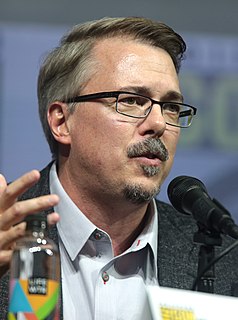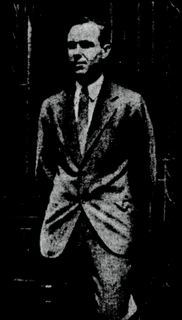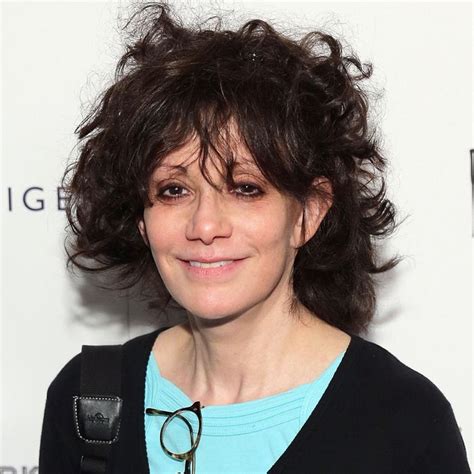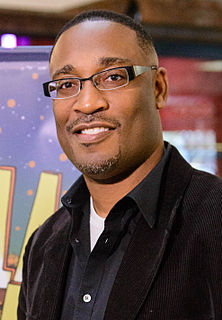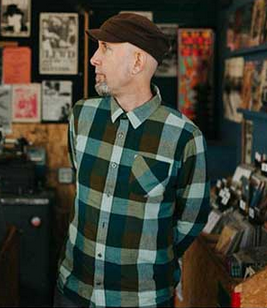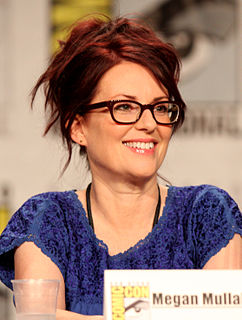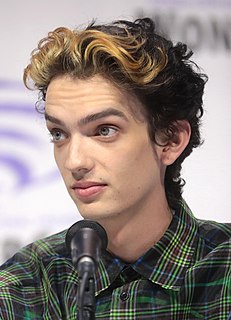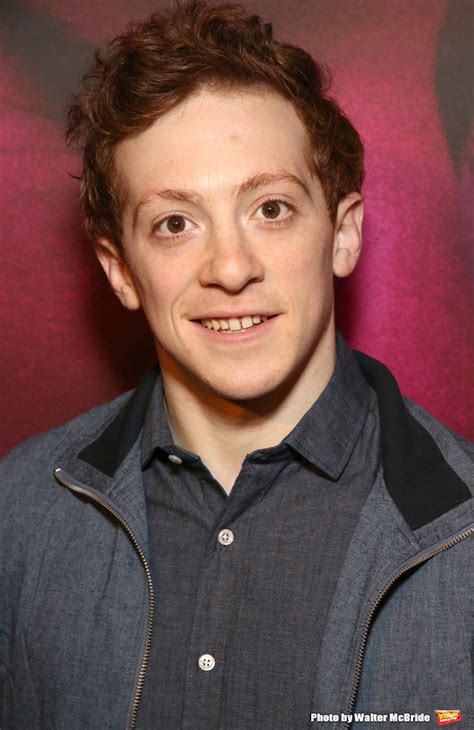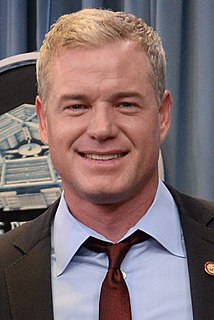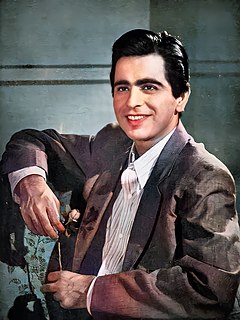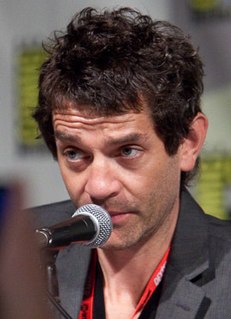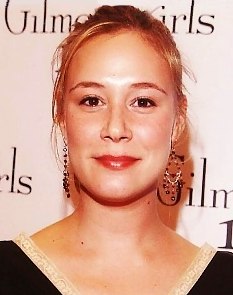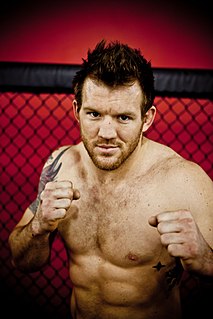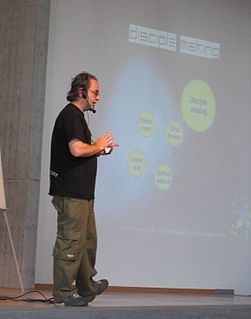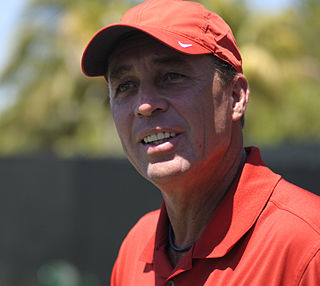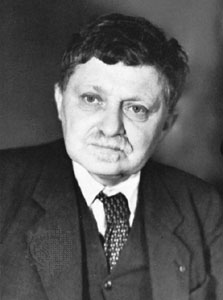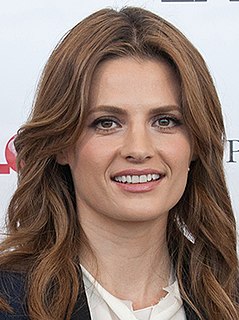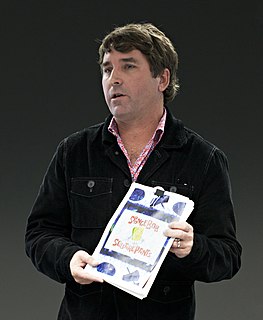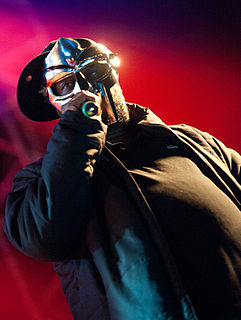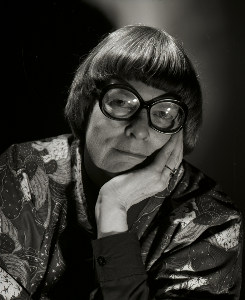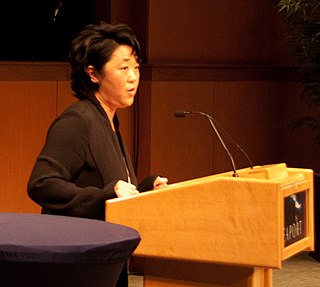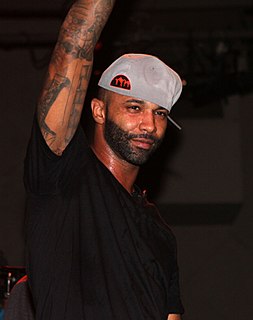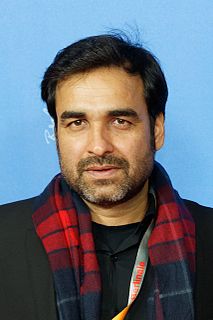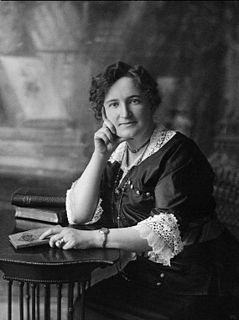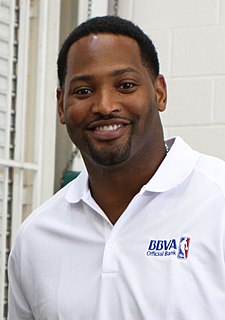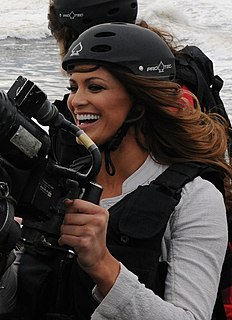Top 1200 Dynamic Characters Quotes & Sayings - Page 12
Explore popular Dynamic Characters quotes.
Last updated on December 19, 2024.
TV is designed to keep characters in place for years on end. The best example is 'M*A*S*H:' You have a three-year police action in Korea, and they stretched that out to eleven seasons. It was a great show, but when you think about it, a weird unreality overtakes a television series. You see the actors age, and yet the characters don't.
I just felt like, you know, I read a lot of scripts out in L.A., out here in the industry and I just felt like this film was just being genuine. I just felt like it had really great characters. And all the three different characters have completely different stories and they're all kind of intertwined together thematically. So I just thought it had great characters, great themes
First comes an idea. Then, characters begin to evolve out of the landscape of that idea. And then, finally, characters dominate: plot is simply a function of what these people might do or be. Everything has to flow from their personalities; otherwise it will not be emotionally engaging, or plausible.
As someone who is non-binary gender identifying, I feel a particular responsibility to portray members of my community on stage and on screen, not only as fully fleshed-out characters who are integral to the plot, but as characters whose gender identity is just one of many parts that make up the whole person.
I tend to see my characters from inside and outside at once; this is a technique I use to retain a slight distance. It means my characters can act in unexpected ways on two axes: physical and mental. It isn't just, 'I thought this and then I did this,' which is the technique of the modern psychological novel.
With a pilot, there's a lot of information that gets packed into 46 minutes or whatever it is. Usually what happens is that, throughout the season, you get to spend a little more quality time with the characters and get to know them a bit better, whether it's based on circumstance or relationships they've created with other characters.
The interesting thing about a lot of serialized television is that it's a blessing and curse. Smart writers really take their time in investing in backstories and characters. As a viewer, you have to invest in them and love them before you can chip away at what's going on more on a deeper level with secondary characters.
Ultimately, any character you write - no matter how fantastic or alien - is an extension of yourself. When our characters reflect the truth of our souls and psyches, they become real and compelling. The wonderful paradox is that the characters then take on lives of their own, separate from their creators. That's where the magic comes in.
I remember how surprised I was when my first novel was about to be published and I was informed that I could be sued for anything any one of my characters said. 'But I often don't agree with what they say,' I protested. The lawyer was not interested in the clear distinction I make between my own voice and the voices of my characters. Neither, I have found, are many of my readers.
Mysteries always have the potential for interesting connections between the elements. I'm also most interested in the relationship between the characters. As in 'Masterpiece,' I'm trying to create characters who not only are solving a mystery but are solving the riddle of their own personal relationships.
When you're directing an ongoing series, the tone has already been set. So a director will come in and fulfill that tone - reinforce the characters and their behavior. The challenge is to find unique ways that you can visually tell the story while keeping the established tone and the pace and the characters.


